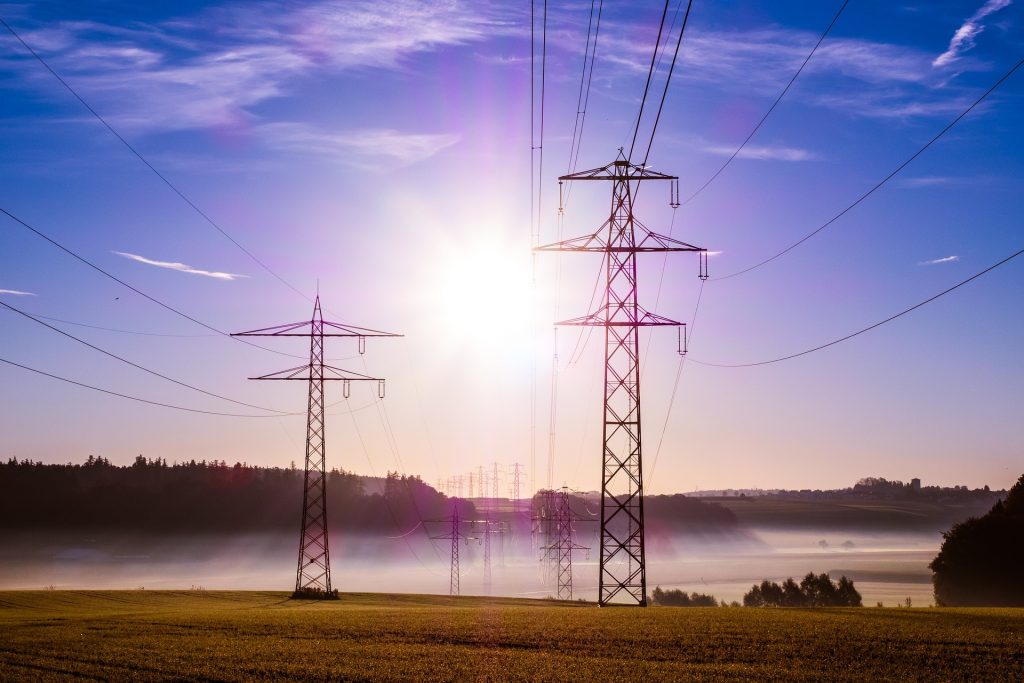An electrified exit environment for scaling CleanTech

In case you hadn’t noticed, the world is electrifying. From transport to building management to energy storage, demand for electricity is now accelerating faster than ever before.
More than any other influencing factor in the UK energy industry, this energy transition has become the predominant theme and motivator for utility M&A in recent years.
At its core, the market challenge is how to balance increasing electricity demand with a decline in fossil-fuel derived power, whilst also managing around the intermittent power generation inherent to most renewable energy sources. In solving the problem, major utilities must also balance three key considerations:
- Energy Sustainability – achieving supply and demand-side savings to more efficiently manage consumption
- Energy Equity – ensuring accessibility and affordability of energy across the population
- Energy Security – driving reliable energy infrastructure with the ability to meet future demand
As such, it has become clear to most that pivoting to a more sustainable business model cannot be done quickly or painlessly. Market participants are also finding that the pace of change demanded by shareholders, consumers, regulators and politicians cannot be easily met organically.
M&A Backdrop
This is creating opportunity for both investment and M&A at all stages of the energy generation value chain, as well as across the energy services ecosystem.
Facing such political and shareholder pressure, BP, Shell and other European oil majors already see the writing on the wall. In recent years they’ve announced plans to gradually retreat from fossil fuels, slash emissions and embrace clean energy, including electric vehicle charging and renewable generation.
Whilst wind and solar are undoubtedly the leading renewable themes, some major firms such as Chevron are taking a different tack. The 141-year-old company recently announced that it may not be an oil-first company within a generation, and will instead focus on three growth areas: carbon capture and storage, hydrogen and renewable natural gas.
These diverging strategies highlight the degree of uncertainty that still remains over which of the emerging technologies will ultimately prevail and scale, which can make starting from scratch a costly endeavour. The opportunity to “future-proof” by incubating, funding, acquiring, integrating and growing innovative solutions within their ecosystem is now becoming fundamental for large firms navigating towards net zero.
Recent transactions in the sector have demonstrated the point. The big oil and gas groups continue to jostle for position in residential and commercial EV charging networks, with Total acquiring London based network Source London, and Shell acquiring home energy storage company Sonnen and European on-street vehicle charging provider Ubitricity. BP meanwhile bought Chargemaster and FreeWire within months of each other in 2018. Even the EV network challenger brands are consolidating – Gridserve’s recent acquisition of Ecotricity’s Electric Highway EV charging network a case in point.
The pace of investment will only accelerate over the coming years, with research from the Society of Motor Manufacturers and Traders (SMMT) estimating that an investment of £16.7bn will be required in public EV charging infrastructure if the UK is to be ready for the ban on sales of cars with an internal combustion engine in 2035.
Intelligent capacity management
The emerging distributed and flexible energy system represented by EV charging networks is also changing the market for National Grid distribution system and network operators. These firms can now tap into flexible generating assets, batteries and demand side management tools to reinforce the grid without making expensive upgrades to the network.
HMT recently worked with energy marketplace company Piclo on their Series A investment from the Clean Growth Fund and Mott McDonald Ventures. The company is hosting SP Energy Networks largest tender for 1.4GW to reinforce their network on the back of UK Power Network, having just been awarded £30million in flexibility contracts on their latest tender.
Additionally Origami Energy recently raised a £20m round led by Barclays, investing as part of their Sustainable Impact Capital Initiative. The business provides digital solutions to better manage, coordinate and trade the supply and demand requirements of the power grid and renewable assets.
Exit Opportunities
The impact of this activity for scaling CleanTech companies is an exit market that has arguably never been so buoyant. Corporate acquirers and investors are closely competing for emerging technologies and are willing to pay high valuations to do so.
It’s rarely opportunistic luck that brings about the most attractive exit – planning, refining and then positioning for the exit strategy must start early for prospective targets.
Venture money is there for well thought out early and growth stage businesses, especially those that can demonstrate early product/market fit.
There are also proven benefits to bringing strategic investors onto the cap table early to endorse the offering, as well as to provide help with market entry and access to distribution channels. Corporate venture investing is buoyant right now as was the case in HMT’s recent transaction with Piclo (Mott McDonald) and nanotech energy efficiency company HT Material Science (Saudi Aramco).
If you have already raised significant capital and require more, there are less-dilutive (or even non-dilutive) options available in the growing venture debt market. Extending the runway through a debt raise can be an efficient way to drive further market adoption and scale. Used correctly, debt can act as a useful bridge to the next equity round or to an exit, whilst also clearly signalling your commercial traction on the acquisition radar for Big Energy.
When looking to exit, its important to engage in a carefully orchestrated global sale process to uncover buyer interest across an increasingly borderless market for Big Energy M&A.
HMT has supported dozens of high-growth CleanTech businesses on their journey in its 29 year history with leading credentials in the sector and strong relationships with industrials. If you’re contemplating entering into a transaction, please do get in touch with our team on 01491 579740.
Why HMT
Latest News



